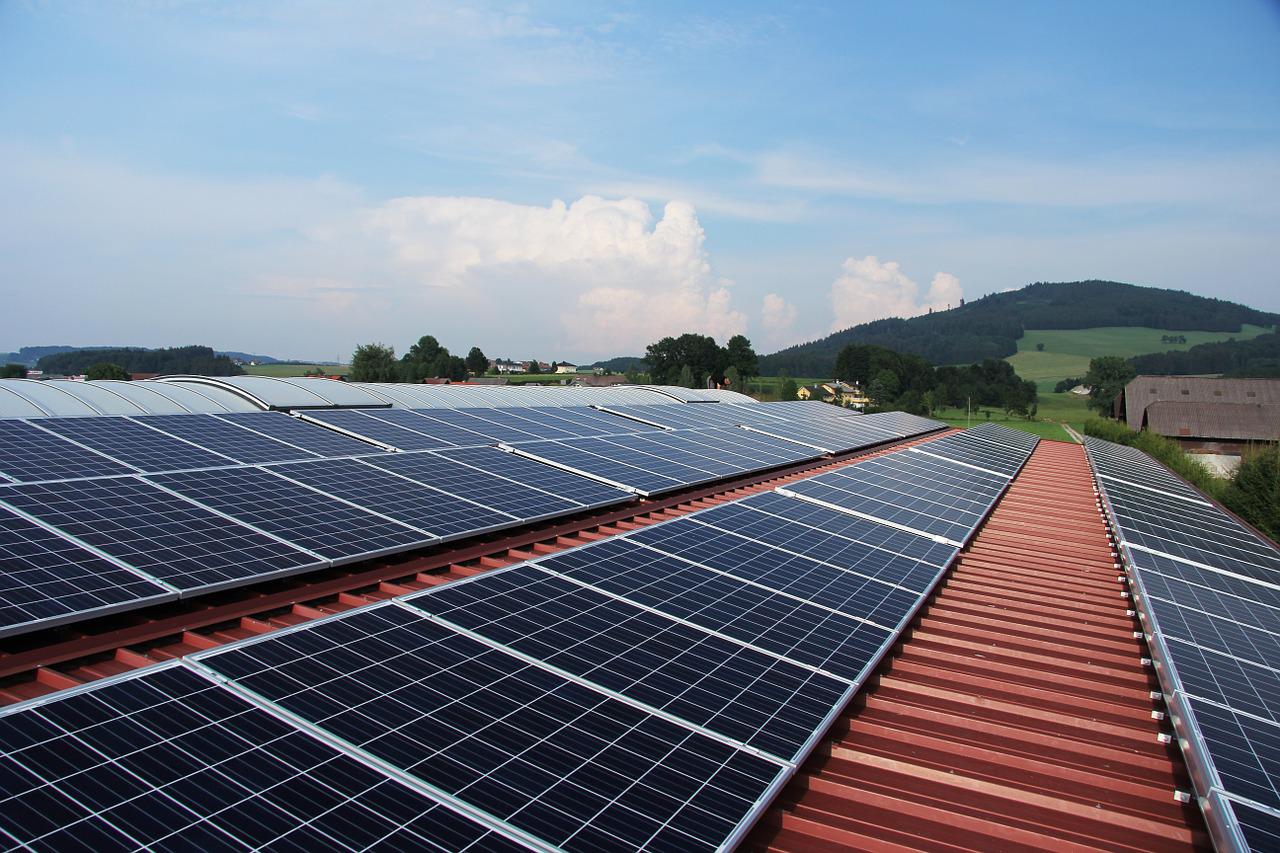Marine solar panels can make a big difference in your boating experience and have many advantages. They can reduce fuel cost, cut greenhouse gas emissions, and minimize the need to run a noisy generator. They also add great piece of mind, knowing that with just a little sun you can charge a dead battery! For many boaters, marine solar panels are a win-win scenario. If you are installing marine solar panels yourself, this is what you need to know about marine solar panel installations.

Skill level required
Marine solar panel installations range from simple to complex depending on the type of marine solar panel you will be using and its intended use. Depending on the type of marine solar panels you have chosen and your level of technical experience, you may prefer to utilize the expertise of a company experienced with marine solar panel installations. Professional installations often come with a warranty or satisfaction guarantee, which can give you great piece of mind.
Equipment required for marine solar panel installations
If you do choose to install your marine solar panels, it is essential you have the right tools for the job. At a minimum, you will need basic shop tools such as wrenches and screwdrivers, a motorized drill with a bit index, and wire cutters and crimpers. You will also need electrical wiring tools and marine-grade electrical wire.

Tips for maximizing marine solar panel output
Nobody wants to waste their time installing a marine Solar Installer, only to find out that they are not achieving their greatest potential output. Here are some tips for maximizing your marine solar panel output.
• Angle your marine solar panels perpendicular to the sun’s rays. The more direct sunlight marine solar panels receive, the more power they will produce.
• Be careful to avoid shadows. Power output decreases dramatically, even if the marine solar panel is only partially shadowed.
• Use the proper materials for the job, especially when it comes to electrical wiring. Non-marine grade wire may look similar to marine grade wire but will suffer a loss of conductivity after exposure to the marine environment.
• Make sure the marine solar panel is properly ventilated, which will help keep the temperature down. The cooler your marine solar panel, the greater the output!
Call the experts
If all of this seems to be out of your wheelhouse, don’t hesitate to schedule a professional installation. Remember, professional installations often come with a warranty or satisfaction guarantee.

Althea Carter is an aspiring writer and storyteller from Kentucky. Her passion for literature and storytelling began at a young age, and now she is an avid blogger and author, sharing her experiences and stories with readers from around the world. When she’s not creating content for her blog, Althea loves nothing more than exploring the complexities of the human experience through theatre, reading, painting, and travelling. She hopes her words and art can inspire others to create, explore, and experience the world around them.




